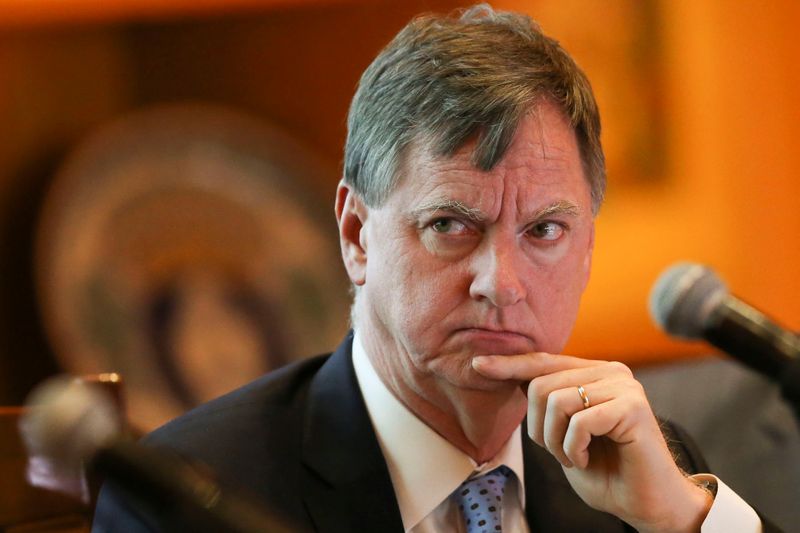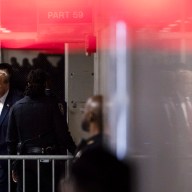(Reuters) – The United States should extend more help to the millions of Americans who have lost work in the coronavirus crisis, Chicago Federal Reserve Bank President Charles Evans said Thursday in the latest blunt warning from a top Fed official on the likely fallout of the impasse in Congress over further pandemic relief.
“We are taking a very serious and unnecessary risk if we do not extend federal assistance to out-of-work households,” Evans said in remarks prepared for delivery to the Illinois Chamber of Commerce. “The potential hole in aggregate demand may be large, and in my view more fiscal relief is needed in order to limit further damage to households and businesses, especially those in vulnerable communities.”
Republican and Democratic lawmakers have failed to pass any new aid since their March $2.3 trillion package, credited with helping the U.S. economy avoid even worse job loss and business failures than it has suffered.
Much of the aid to small businesses has been depleted; extra funds funneled to the unemployed have run out; and help to the airline industry has run out, opening the door to massive layoffs starting next month.
All of that, Evans said, “will test the true resiliency of the U.S. economy.”
The Fed, he said, is committed to using its “full range of tools” until the economy gets back on track to full employment and stable prices.
But with people and businesses in minority neighborhoods bearing an unfair and outsized burden from COVID-19 and the recession, he said, the economy needs more.
“The longer the dual challenges of the pandemic and recession continue, the greater is the risk of deepening the already stark inequities in our economy,” he said.
(Reporting by Ann Saphir; Editing by Andrea Ricci)



















